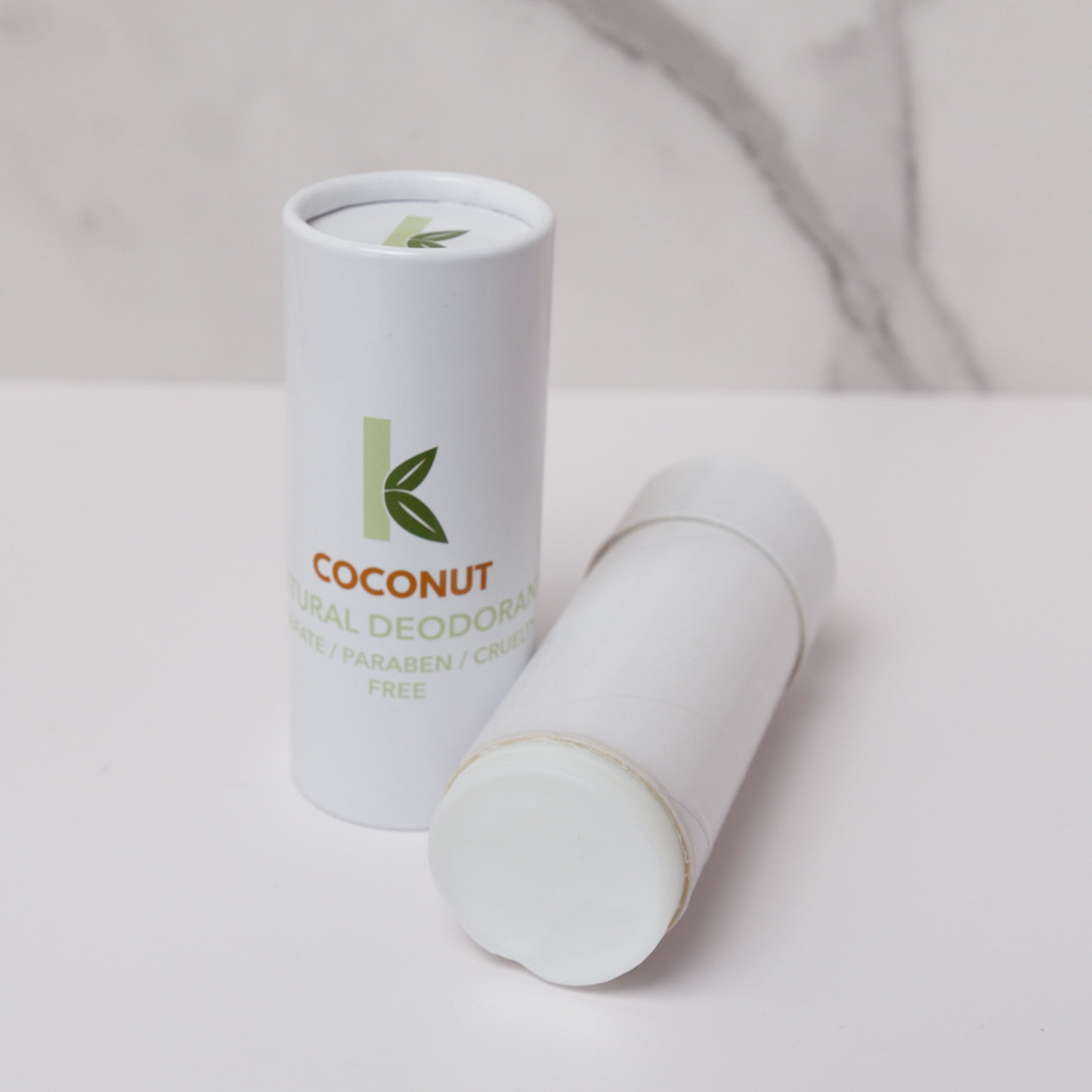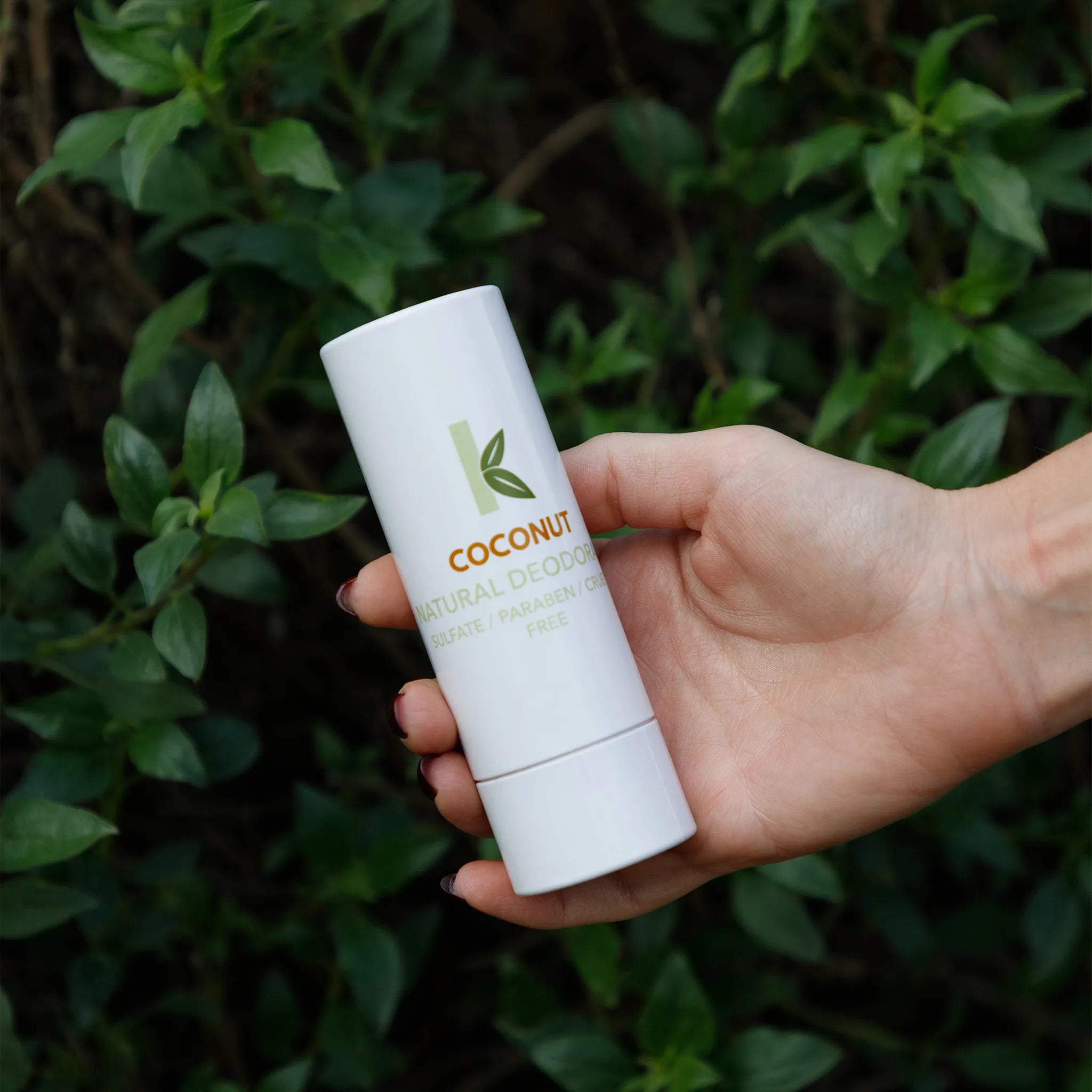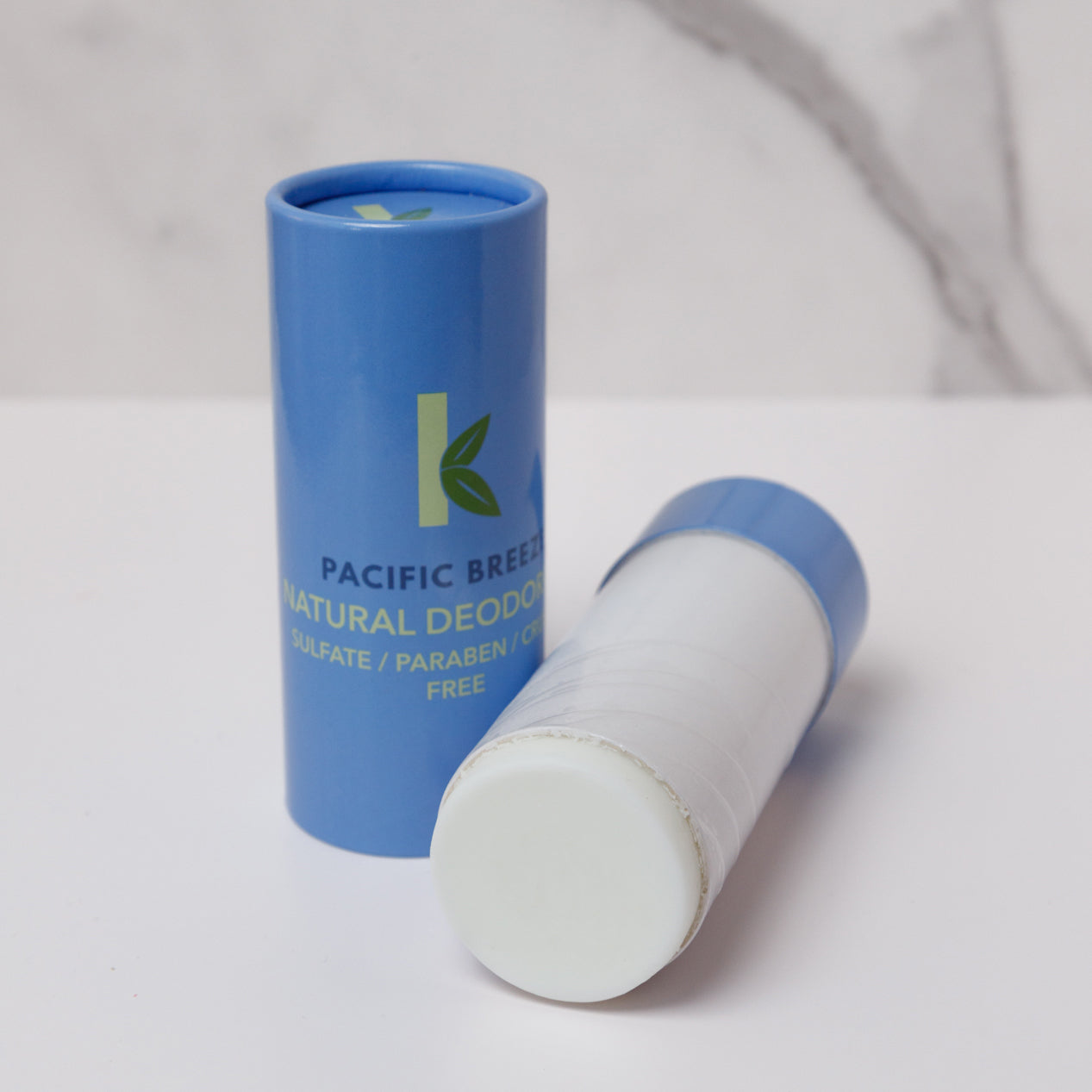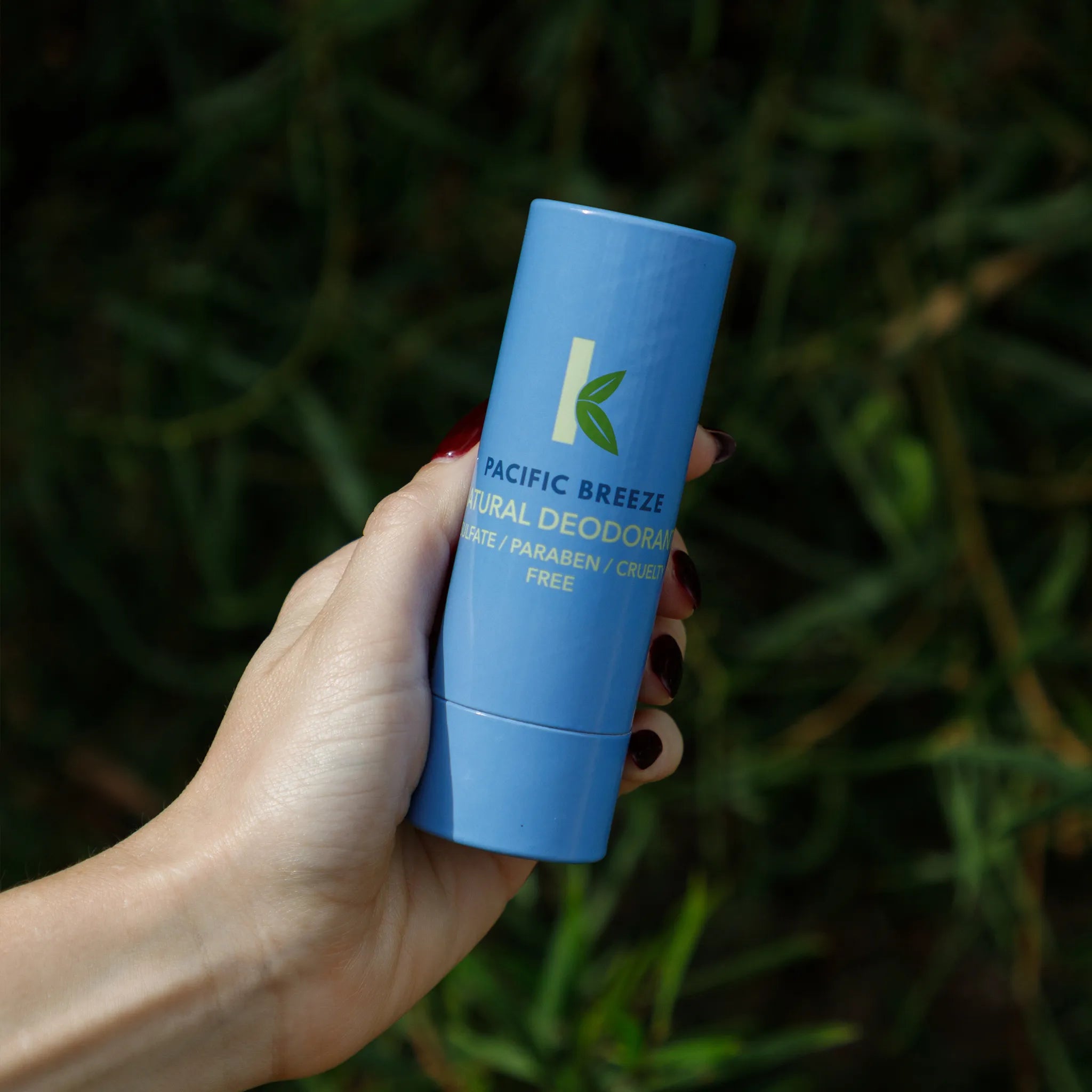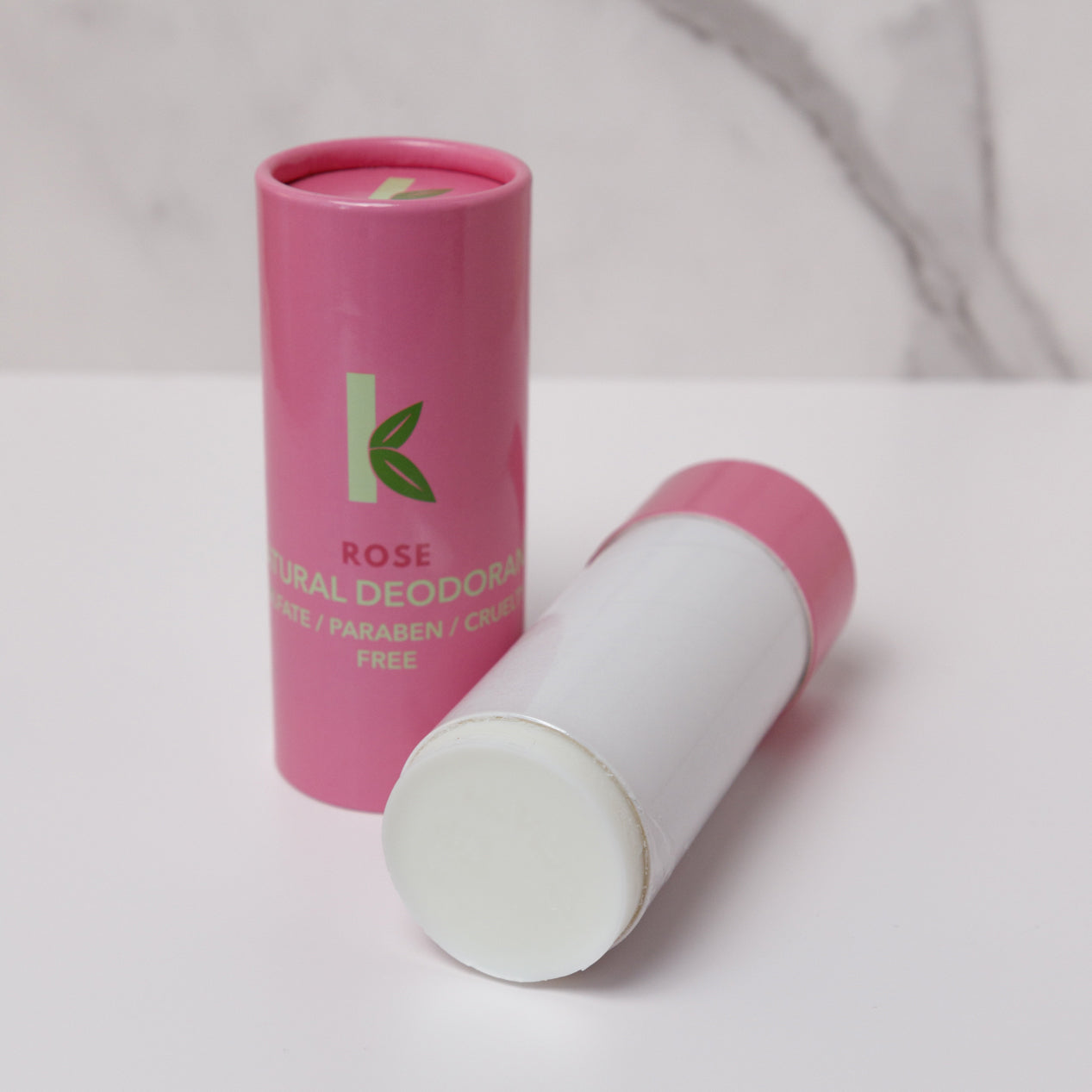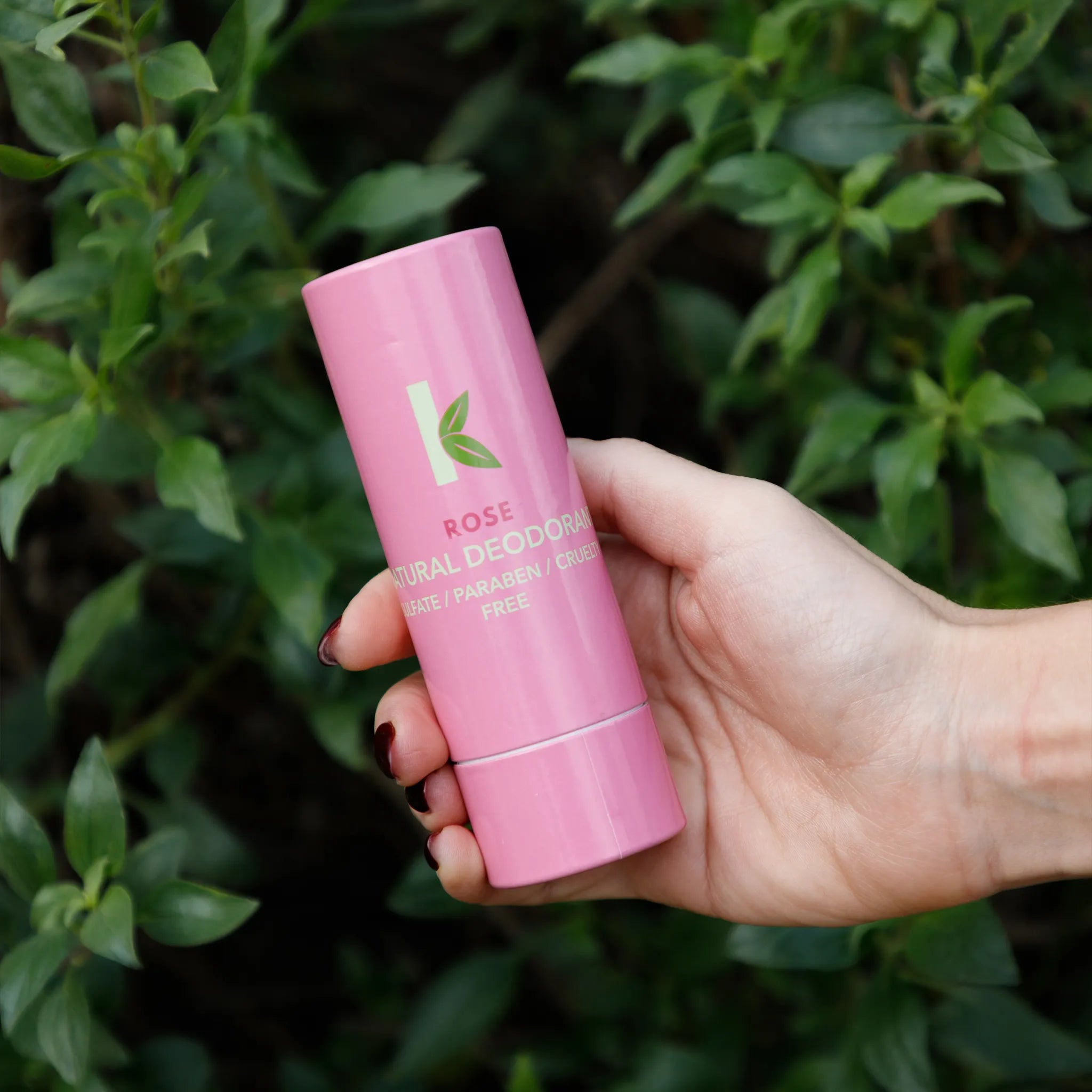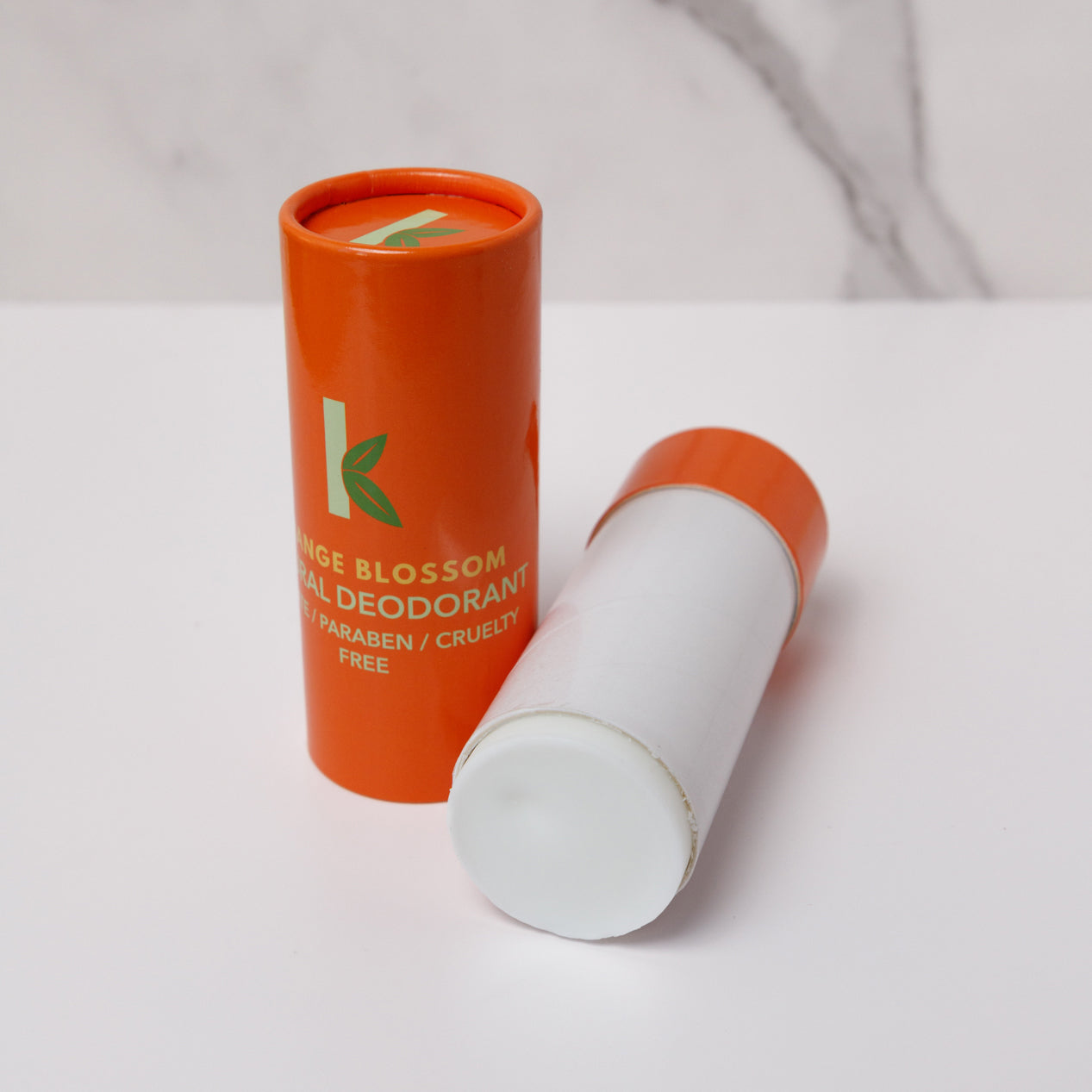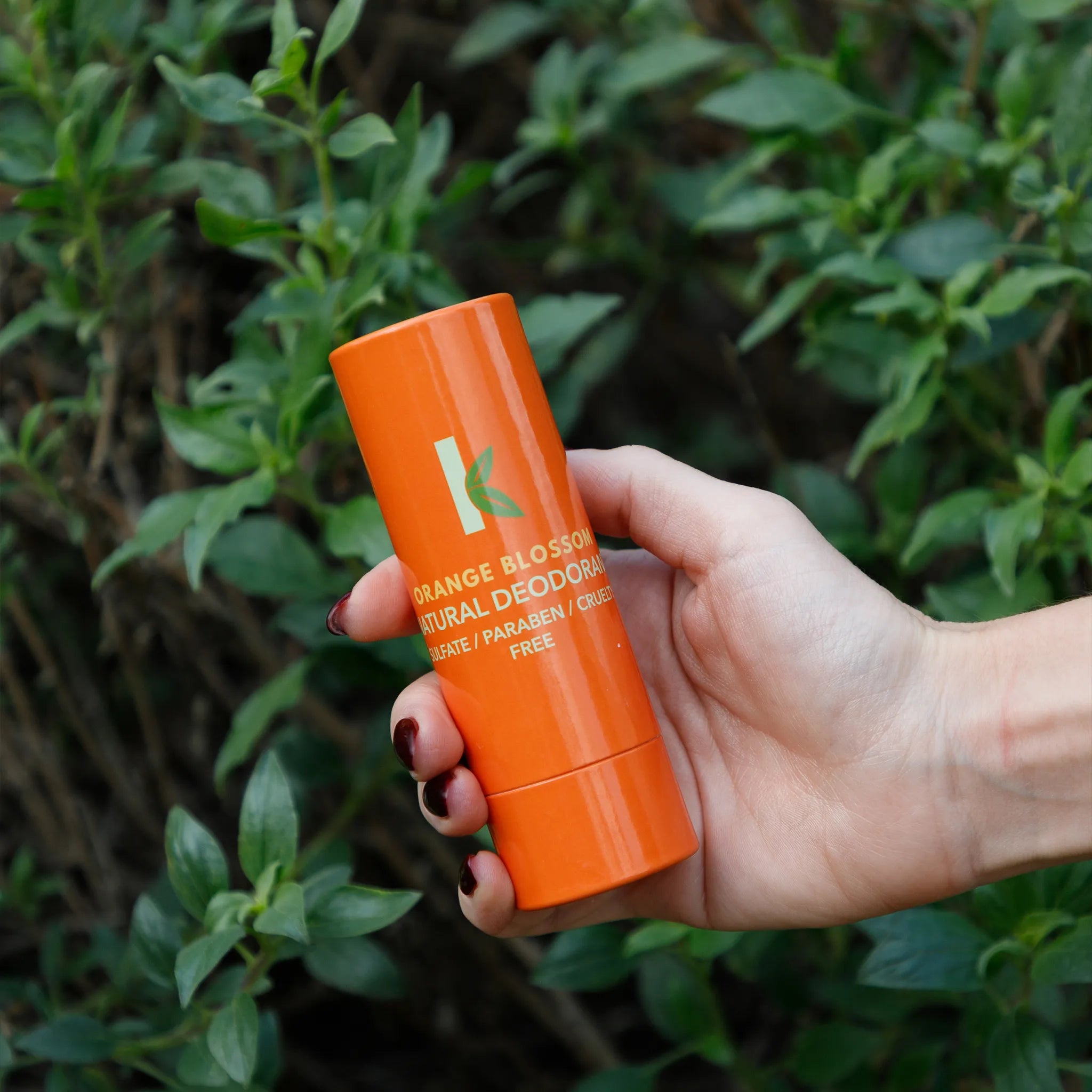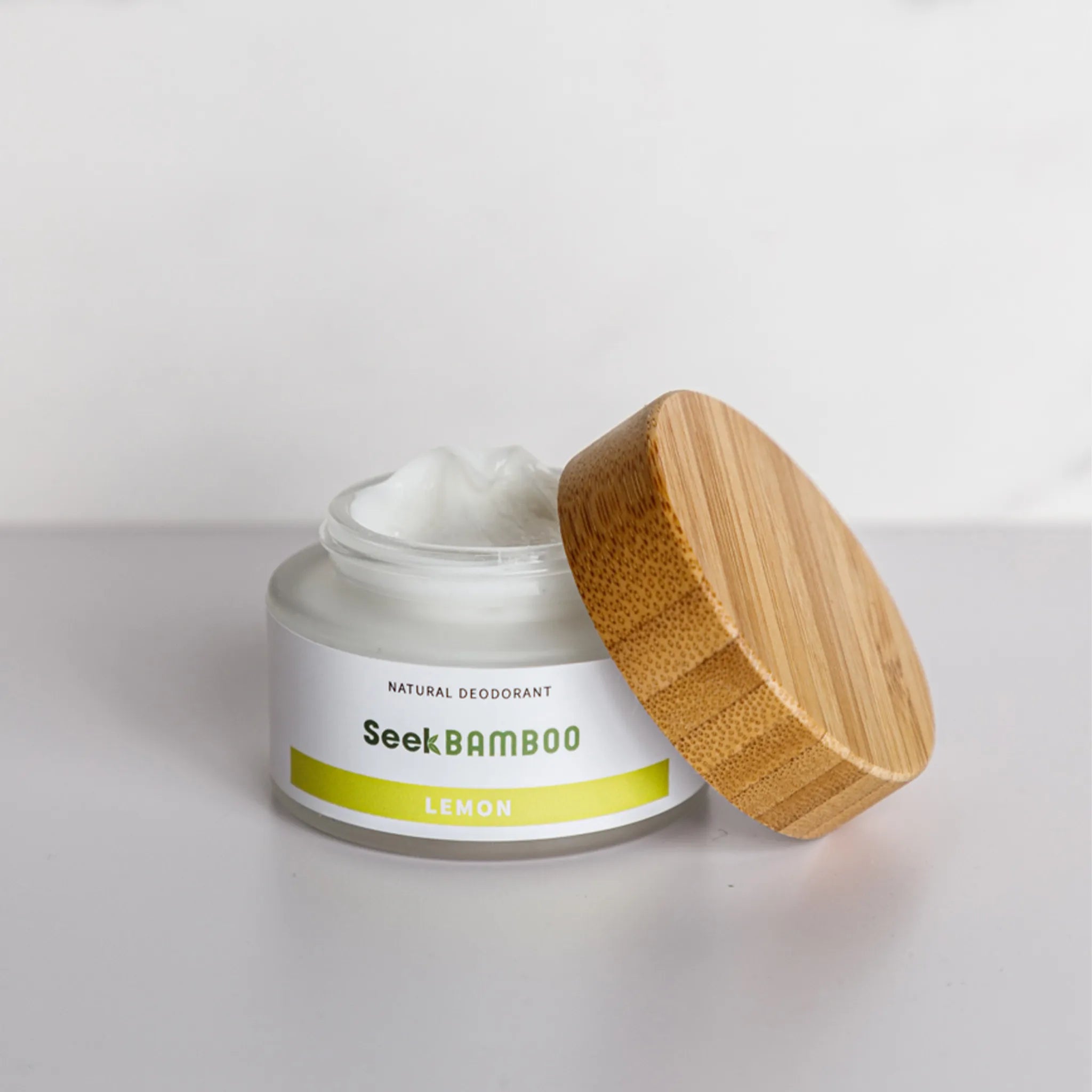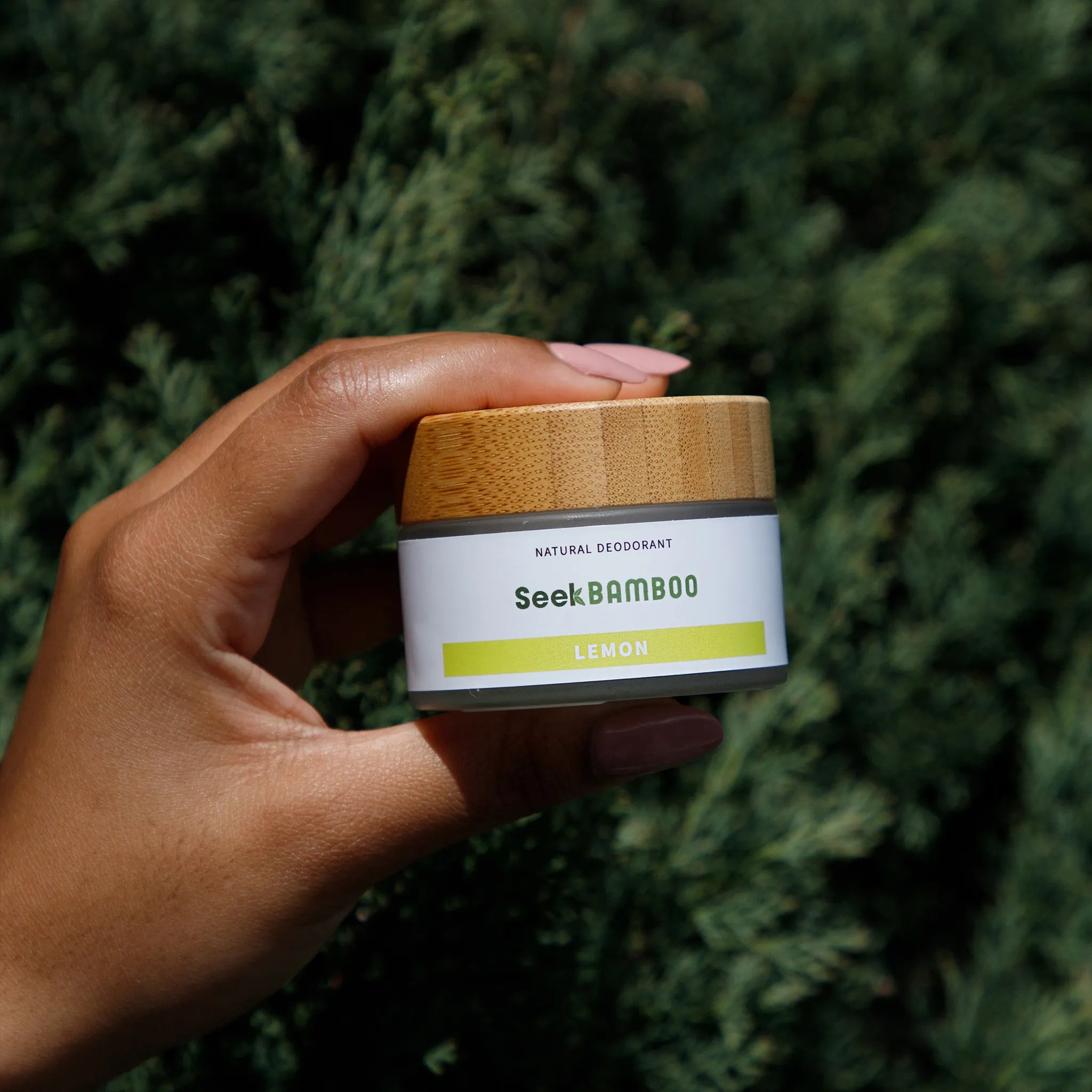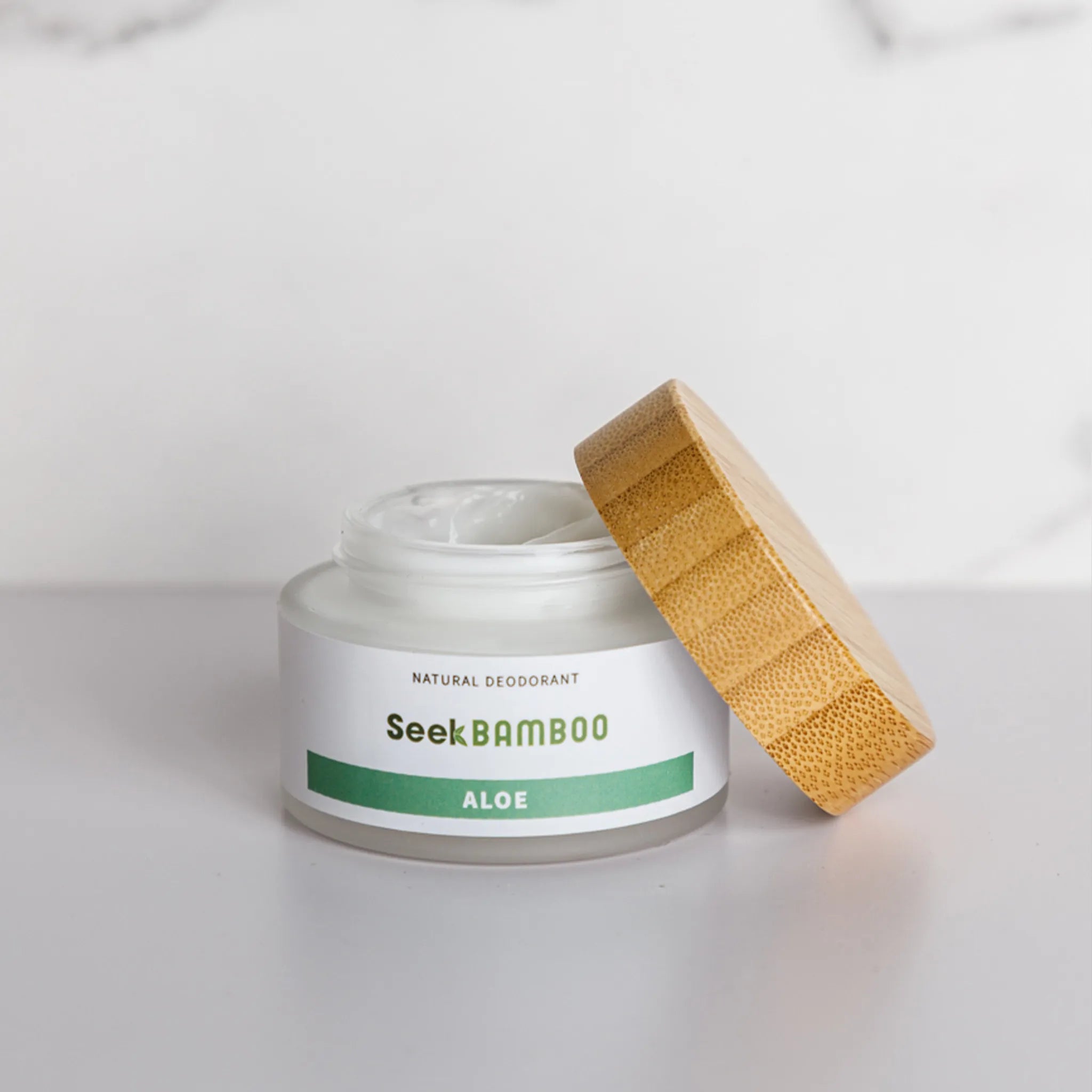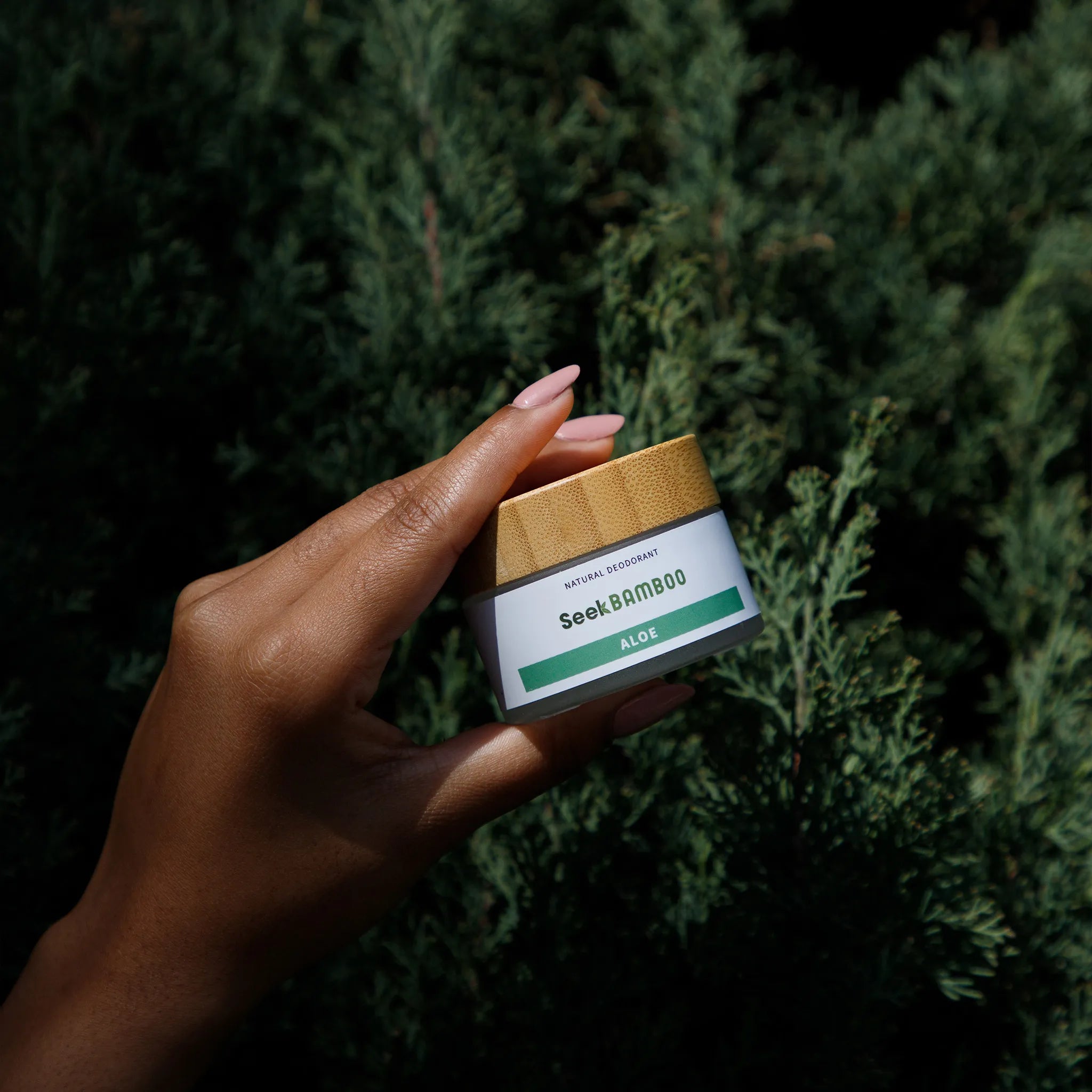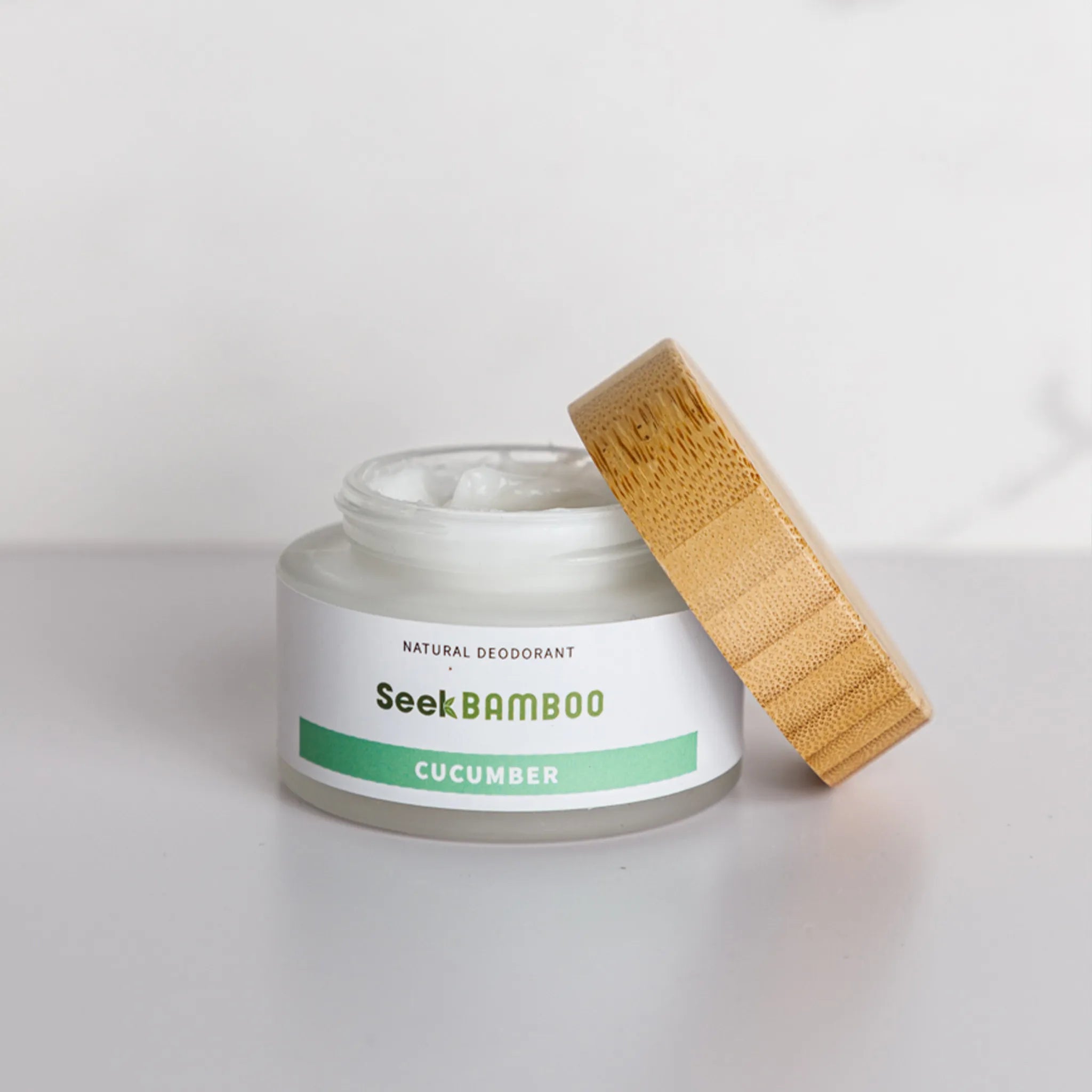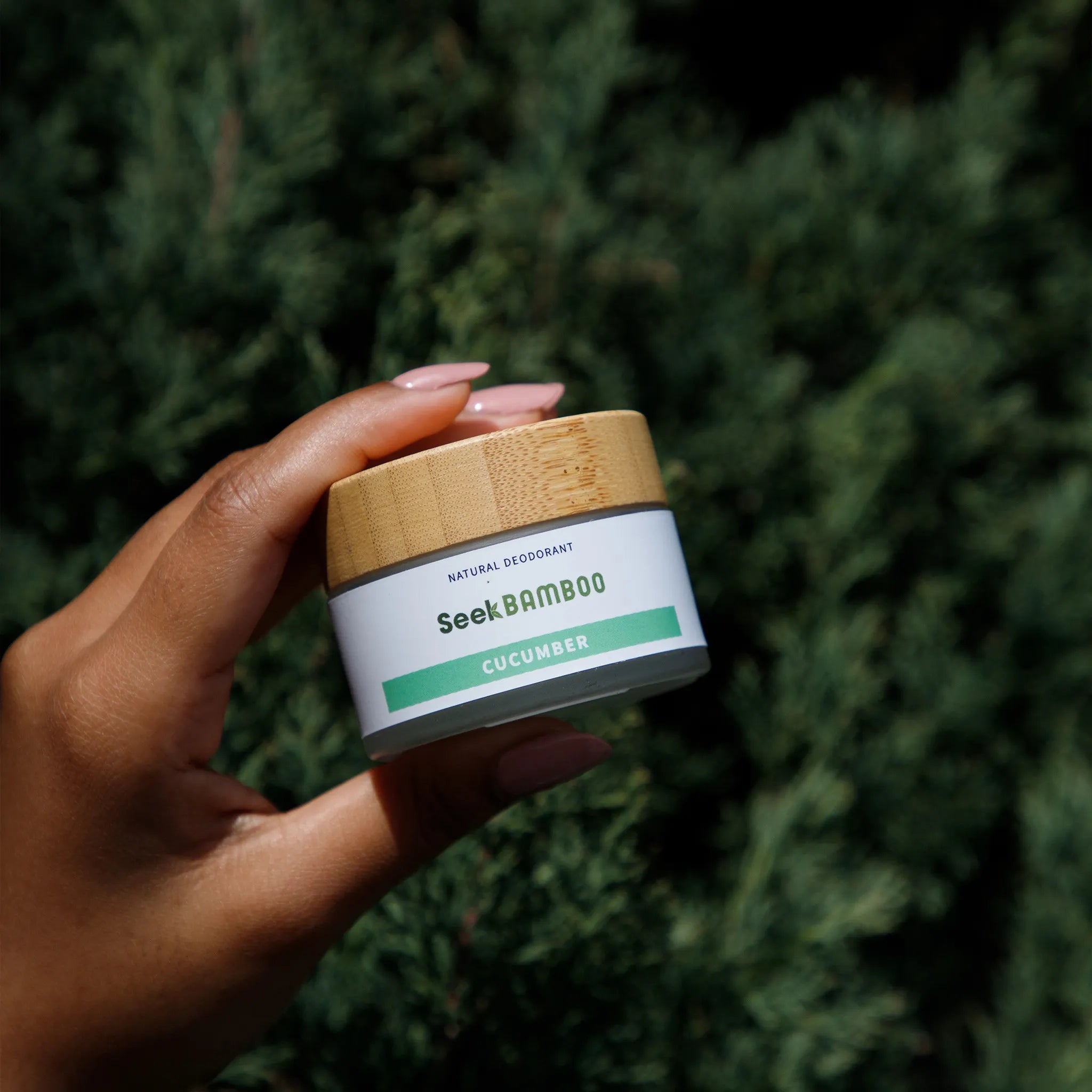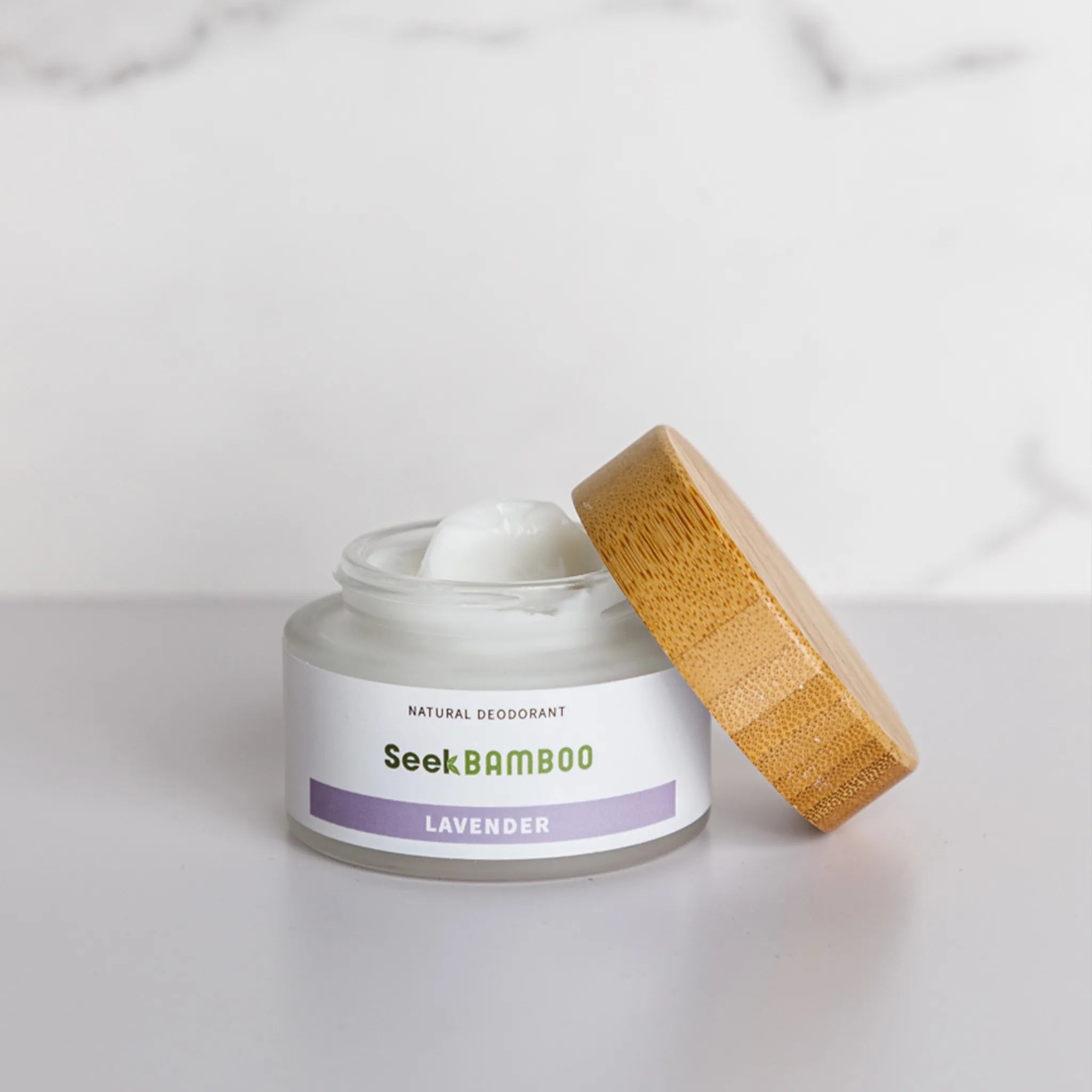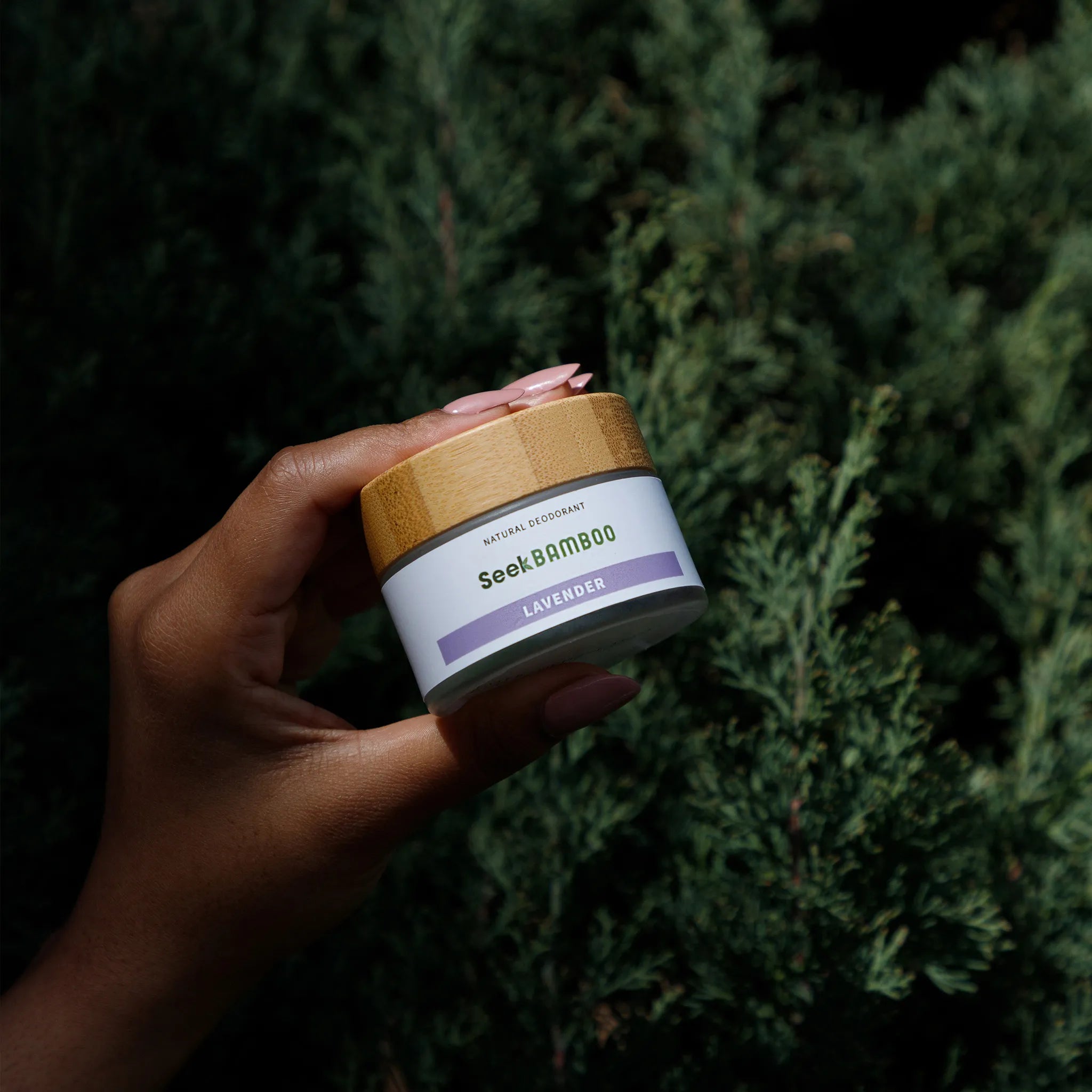Deodorant For Sensitive Skin
Navigating the world of personal care products can be particularly challenging for those with sensitive skin. The delicate balance required to maintain healthy skin means that everyday products, such as deodorants, can pose a risk of irritation and discomfort. Sensitive skin can be reactive to various factors, including environmental changes, product ingredients, and lifestyle choices. For individuals with sensitive skin, it is essential to be vigilant about the products they choose, as even small irritants can lead to significant discomfort.
Sensitive skin can manifest in different ways, often leaving individuals feeling frustrated and overwhelmed when choosing the right products. Unlike other skin types, sensitive skin requires extra care and attention to avoid flare-ups that can result in redness, itching, and even pain. This heightened sensitivity can make finding suitable personal care products a daunting task.
When it comes to deodorants, the challenge is even greater. The underarm area is a particularly sensitive part of the body, subject to constant friction, sweat, and exposure to various products. Traditional deodorants and antiperspirants often contain ingredients that can exacerbate sensitivity, such as alcohol, artificial fragrances, and aluminum compounds. These ingredients, while effective in controlling odor and wetness, can be harsh on sensitive skin, leading to irritation, rashes, and discomfort.
For individuals with sensitive skin, the importance of understanding what triggers irritation and how to manage it cannot be overstated. Identifying the specific needs of sensitive skin and selecting products tailored to these needs is crucial for maintaining skin health and comfort. This often involves choosing deodorants that are free from common irritants and instead contain soothing, natural ingredients that provide gentle care.
Understanding sensitive skin and its unique requirements is the first step in navigating the vast array of personal care products. By recognizing the signs of sensitivity and understanding what to look for in deodorants, individuals can make informed choices that promote skin health and prevent irritation. With the growing awareness of skin sensitivity, more and more products are being developed to cater specifically to sensitive skin, offering a range of options that prioritize comfort and effectiveness.
In the following sections, we will explore why it is important to choose deodorants specifically formulated for sensitive skin, identify common irritants to avoid, and highlight the benefits of natural ingredients. We will also discuss our deodorant cream and aluminum-free deodorant sticks, which have been carefully formulated to provide effective odor protection while being gentle on sensitive skin. By understanding and addressing the needs of sensitive skin, individuals can enjoy the confidence and comfort of feeling fresh and protected throughout the day.
Understanding Sensitive Skin
Sensitive skin is characterized by an increased susceptibility to irritation, often manifesting as redness, itching, or a burning sensation. It can react adversely to various environmental factors and ingredients found in skincare and personal care products. The causes of sensitive skin vary and can include genetic predisposition, environmental factors, and lifestyle choices.
Common symptoms of sensitive skin include:
Redness and Inflammation
Sensitive skin may appear red and inflamed, especially after exposure to irritants or harsh products.
Itching and Discomfort
Persistent itching and discomfort are common complaints, often exacerbated by certain ingredients or environmental factors.
Dryness and Flakiness
Sensitive skin can become dry and flaky, particularly in response to temperature changes or dehydration.
For those with sensitive skin, careful consideration of product ingredients and formulations is crucial. Harsh chemicals, artificial fragrances, and certain preservatives can exacerbate symptoms, making it essential to choose products that are gentle and free from common irritants.
Why Choose Sensitive Skin Deodorants?
The underarm area is particularly prone to sensitivity, as it is exposed to friction, sweat, and various personal care products daily. Choosing a deodorant specifically formulated for sensitive skin can help prevent irritation and provide comfort.
Preventing Irritation and Discomfort
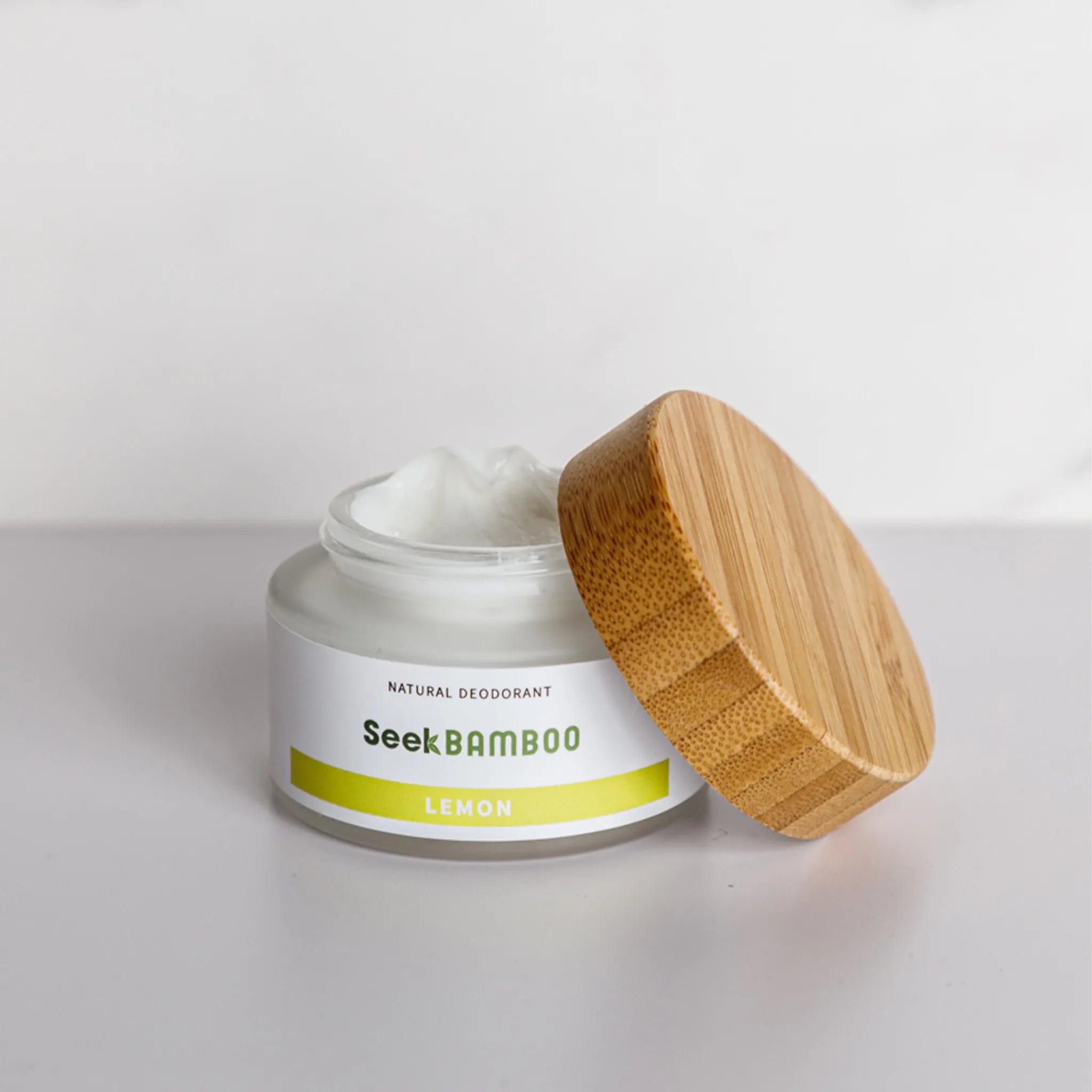
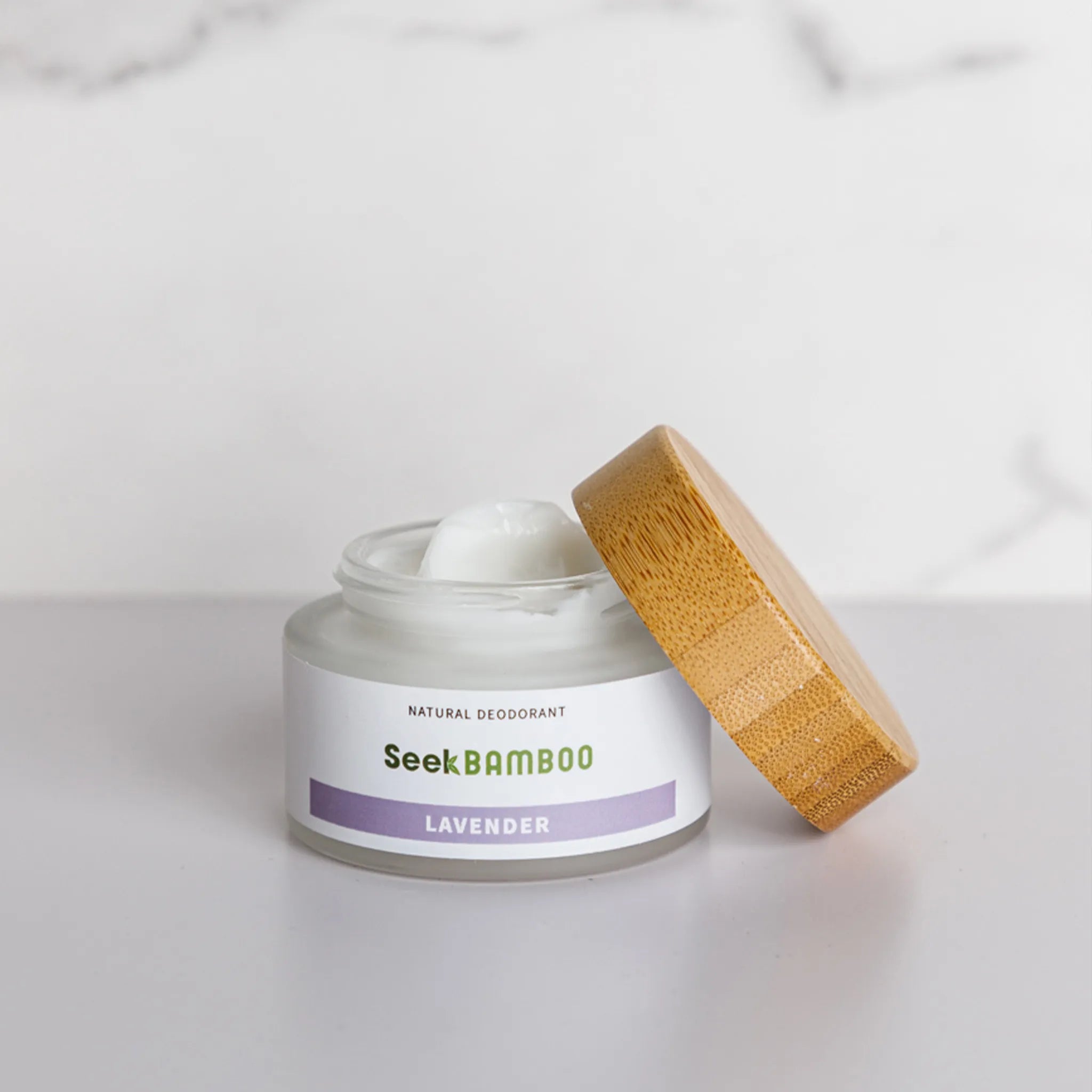
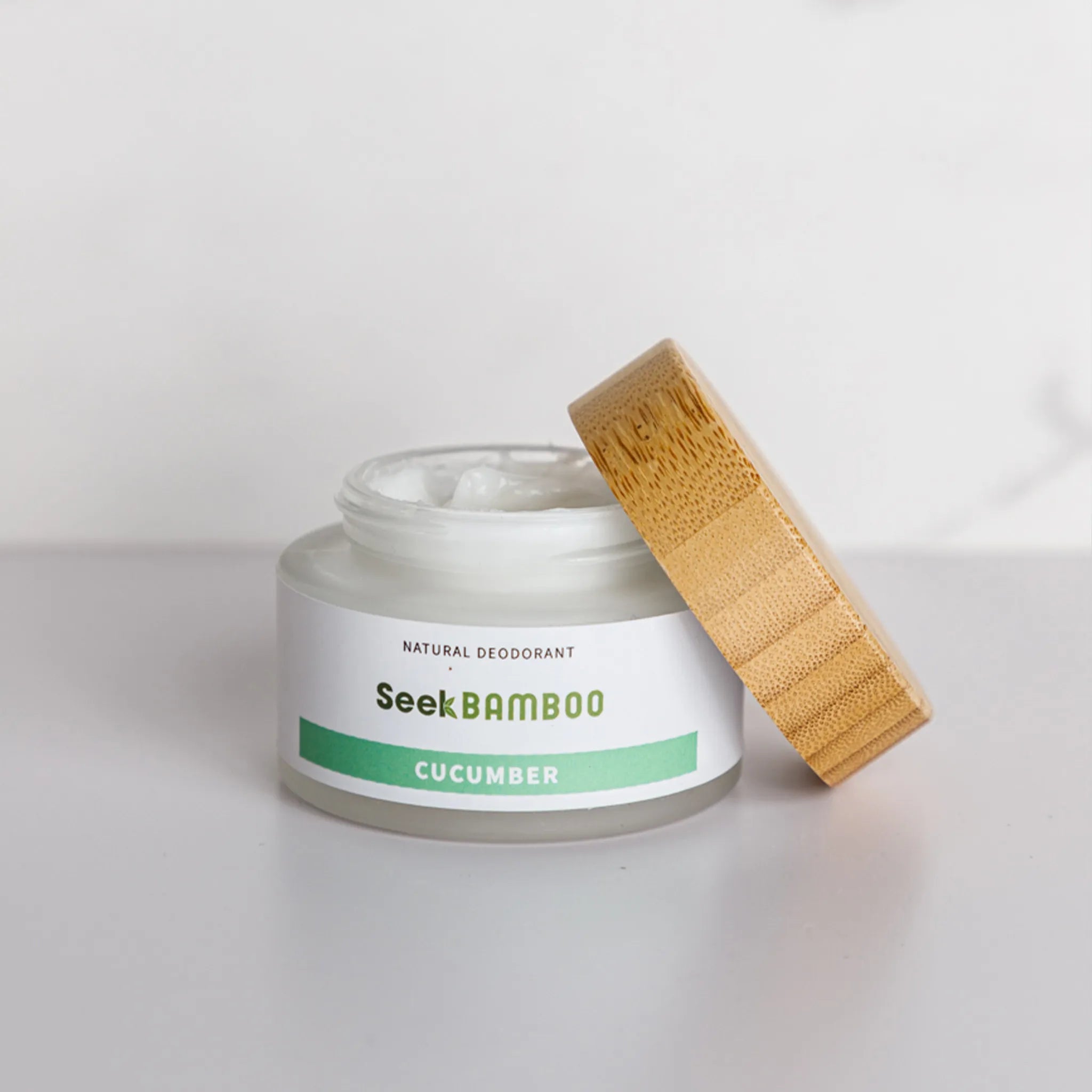
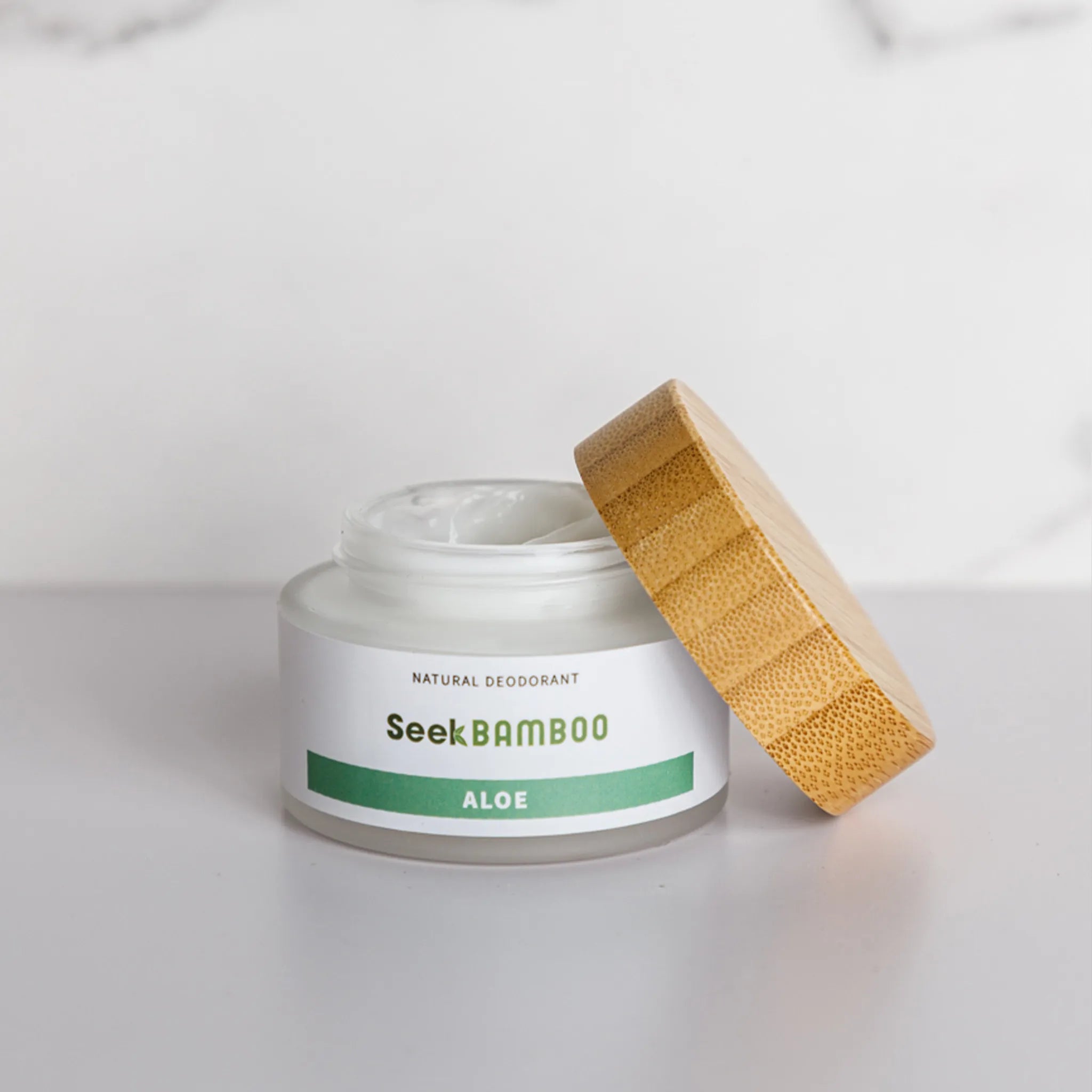
Benefits of Using Natural Deodorant for Sensitive Skin
When you have sensitive skin, making the switch to a natural deodorant can feel like a game-changer. The advantages are not just about avoiding irritation in the short term but also about supporting your skin's overall health and well-being in the long run. Here’s a closer look at why natural deodorants are the best choice for sensitive skin.
Reduced Irritation
One of the most immediate benefits of using a natural deodorant is the reduction in skin irritation. Conventional deodorants often contain harsh chemicals like aluminum compounds, synthetic fragrances, and alcohol, which can trigger redness, itching, and rashes in sensitive skin. Natural deodorants, on the other hand, are formulated with gentle, plant-based ingredients that soothe and protect the skin.
Ingredients like shea butter, coconut oil, and aloe vera are common in natural deodorants. These ingredients not only moisturize but also create a barrier that shields the skin from potential irritants. By avoiding the harsh chemicals found in many mainstream products, you give your skin a break, allowing it to breathe and heal.
Better Skin Health
Long-term use of natural deodorants can significantly improve the health of your underarm skin. Traditional deodorants can clog pores, leading to bumps, ingrown hairs, and even acne. Natural deodorants, however, allow your skin to maintain its natural functions, including sweating, which is a vital way for your body to detoxify.
Natural deodorants often contain ingredients like baking soda or arrowroot powder, which help absorb moisture without blocking pores. This keeps your underarms dry without compromising skin health. Additionally, many natural deodorants are rich in antioxidants and vitamins that nourish the skin, promoting a smooth, even-toned appearance.
Long-Term Protection
Another key benefit of switching to a natural deodorant is the long-term protection it offers. Conventional deodorants often rely on strong fragrances and chemicals to mask odor, which can disrupt the skin's natural microbiome—the collection of bacteria that lives on your skin and plays a crucial role in its health.
Natural deodorants work differently by supporting the skin's natural pH balance. The skin's pH is slightly acidic, which helps prevent the growth of harmful bacteria that can cause odor. Many natural deodorants include mild, naturally derived acids, like those from citrus or apple cider vinegar, which help maintain this pH balance. This not only controls odor effectively but also preserves the skin's protective barrier.
pH Balance and Its Importance
Maintaining the correct pH balance is essential for healthy skin, especially in sensitive areas like the underarms. The skin's natural acidity serves as a defense mechanism against harmful bacteria and environmental stressors. Conventional deodorants, with their alkaline properties, can disrupt this balance, leading to irritation and a weakened skin barrier.
Switching to a natural deodorant is not just about finding a product that works—it’s about investing in the long-term health of your skin. By opting for a deodorant that prioritizes natural, gentle ingredients, you reduce the risk of irritation, support your skin’s natural functions, and enjoy lasting protection that’s both effective and kind to your body. For those with sensitive skin, it’s a choice that pays off in comfort, confidence, and overall well-being.
Natural deodorants are designed to complement the skin's pH, helping to preserve this balance. When the skin's pH is maintained, it not only reduces the likelihood of irritation but also enhances the skin's resilience, making it less prone to issues like dryness, inflammation, and bacterial overgrowth.
Transitioning to Natural Deodorant: What to Expect
Switching to a natural deodorant is a positive step toward healthier skin, but it’s important to know what to expect during the transition period. Your body may need time to adjust, especially if you’ve been using conventional deodorants for a long time. This section will guide you through the process, helping you understand the potential detox period and providing tips to make the transition smoother.
Understanding the Detox Period
When you switch from a conventional deodorant to a natural one, your body may go through a detox period. Conventional deodorants often contain aluminum, which blocks your sweat glands to reduce perspiration. Natural deodorants, on the other hand, allow your body to sweat naturally, which is essential for detoxifying and maintaining healthy skin.
During the detox period, your body may expel built-up toxins, which can lead to increased sweating and a stronger odor for a short time. This is completely normal and a sign that your body is adjusting to the absence of harsh chemicals. The detox period typically lasts about 2 to 4 weeks, but this can vary depending on the individual.
What to Expect During the Transition
Here’s what you might experience during the transition to natural deodorant:
- Increased Sweat: As your sweat glands start functioning more freely, you may notice an increase in sweating. This is your body’s natural way of regulating temperature and detoxifying.
- Change in Odor: You might experience a temporary change in body odor. This is because your body is releasing toxins that have been trapped by the aluminum in conventional deodorants.
- Skin Sensitivity: Some people may experience mild irritation or sensitivity as their skin adjusts to the new ingredients. This is usually temporary and should subside as your skin acclimates.
- Pore Purging: The underarm area may experience a form of “pore purging” where impurities are expelled, possibly leading to small bumps or irritation. This is a part of the detox process and should clear up as your body adjusts.
Tips for Easing the Transition
The transition to natural deodorant doesn’t have to be difficult. Here are some tips to help ease the process and keep you feeling fresh:
- Stay Hydrated: Drinking plenty of water helps flush out toxins more quickly and can reduce the intensity of the detox period. Proper hydration also supports overall skin health.
- Apply to Clean, Dry Skin: Always apply natural deodorant to clean, dry skin. This helps the product adhere better and work more effectively. Applying deodorant after a shower is ideal because your skin is freshly cleansed and your pores are open.
- Exfoliate Regularly: Gently exfoliating your underarms can help remove dead skin cells and prevent clogged pores, making the transition smoother. Use a gentle scrub or a konjac sponge specifically designed for sensitive skin.
- Wear Breathable Fabrics: During the detox period, wearing natural, breathable fabrics like cotton can help reduce sweating and odor. Synthetic materials can trap moisture and bacteria, leading to increased odor.
- Reapply as Needed: Natural deodorants may need to be reapplied throughout the day, especially during the transition period. Keep a travel-sized version handy for touch-ups.
- Give It Time: Patience is key during this process. It might take a few weeks for your body to fully adjust, but once it does, you’ll likely notice a significant improvement in both odor control and skin health.
- Use a Clay Mask: If you’re concerned about the detox period, consider applying a detoxifying clay mask to your underarms once or twice a week. Bentonite clay, for example, can help draw out toxins and speed up the detox process.
Long-Term Benefits of the Transition
While the initial detox period might seem daunting, the long-term benefits are well worth it. Once your body adjusts, you’ll likely experience less irritation, reduced odor, and overall healthier skin. Natural deodorants work with your body rather than against it, allowing you to stay fresh without compromising your skin’s health.
Embrace the Transition for Healthier Skin
Transitioning to a natural deodorant is a journey that requires patience and care. By understanding the detox period and following these tips, you can make the switch smoother and more comfortable. Remember, this transition is an investment in your skin’s long-term health. With time, you’ll likely find that natural deodorants not only meet your needs but also leave your skin feeling better than ever before.
Common Myths About Natural Deodorants
Natural deodorants are gaining popularity, but several myths and misconceptions still persist, causing some people to hesitate before making the switch. In this section, we’ll debunk some of the most common myths about natural deodorants, offering clarity and reassurance to those considering a more natural approach to personal care.
Myth: Natural Deodorants Aren’t as Effective as Conventional Ones
- Debunking the Myth: One of the biggest misconceptions is that natural deodorants don’t work as well as their conventional counterparts. This myth likely stems from the fact that natural deodorants don’t contain aluminum, the ingredient in antiperspirants that blocks sweat glands. However, the effectiveness of natural deodorants lies in their ability to neutralize odor rather than preventing sweat.
- The Truth: Natural deodorants use powerful, plant-based ingredients like baking soda, arrowroot powder, magnesium hydroxide, and essential oils to combat odor effectively. These ingredients work by absorbing moisture and neutralizing the bacteria that cause body odor. Many people find that once they adjust to a natural deodorant, it controls odor just as well as conventional products, if not better.
Myth: Natural Deodorants Cause More Sweating
- Debunking the Myth: There’s a common belief that switching to a natural deodorant will cause you to sweat more. This misconception arises from the confusion between deodorants and antiperspirants. While antiperspirants block sweat, deodorants (natural or otherwise) are designed to manage odor, not prevent sweating.
- The Truth: Natural deodorants don’t cause you to sweat more; they simply allow your body to sweat naturally. Sweating is a healthy and necessary bodily function that helps regulate body temperature and eliminate toxins. While you might notice more sweating during the initial transition period, this usually stabilizes as your body adjusts. Many natural deodorants contain ingredients like arrowroot powder or cornstarch, which help absorb excess moisture, keeping you feeling dry and comfortable.
Myth: Natural Deodorants Need Constant Reapplication
- Debunking the Myth: Another myth is that natural deodorants need to be reapplied frequently throughout the day to remain effective. This misconception likely stems from experiences during the initial transition period when your body is detoxifying and adjusting to the new product.
- The Truth: Once your body has adapted to a natural deodorant, you’ll find that it typically provides long-lasting protection, similar to conventional deodorants. Most people only need to apply natural deodorant once a day, though occasional reapplication might be needed during intense physical activity or hot weather—just as it would with any deodorant.
Myth: Natural Deodorants Aren’t Suitable for Sensitive Skin
- Debunking the Myth: Some people believe that natural deodorants can be too harsh for sensitive skin, especially those containing baking soda, which can cause irritation for some.
- The Truth: While it’s true that some natural deodorants might contain ingredients that can irritate sensitive skin, many brands offer formulas specifically designed for sensitive skin. These versions often replace baking soda with milder alternatives like magnesium hydroxide or use soothing ingredients like aloe vera, shea butter, or chamomile. The key is to choose a natural deodorant that’s formulated with gentle, skin-friendly ingredients.
Cream Deodorants
Caring for Sensitive Underarm Skin
As you make the switch to natural deodorant, it’s essential to take extra care of your sensitive underarm skin. The transition period can be a bit challenging, but with the right approach, you can maintain healthy, comfortable skin. Here are some final tips to help you along the way:
Avoid Shaving Right Before Applying Deodorant
Shaving can leave tiny micro-abrasions on the skin, making it more susceptible to irritation when you apply deodorant. To minimize discomfort, try to shave the night before or a few hours prior to applying your deodorant. This gives your skin time to calm down and reduces the risk of irritation.
Avoid Shaving Right Before Applying DeMoisturize Regularlydorant
Keeping your underarms moisturized is key to maintaining healthy skin, especially if you have sensitive skin. After showering, apply a gentle, fragrance-free moisturizer to your underarms. This helps soothe the skin and creates a protective barrier against potential irritants. Look for moisturizers with ingredients like aloe vera, shea butter, or coconut oil, which are known for their calming properties.
Wear Breathable Fabrics
Choosing the right clothing can make a big difference in your comfort, especially during the transition to natural deodorant. Opt for breathable, natural fabrics like cotton, linen, or bamboo, which allow air to circulate and help keep your skin dry. Synthetic fabrics, on the other hand, can trap moisture and bacteria, leading to increased odor and irritation.
Be Patient and Give Your Skin Time to Adjust
Patience is crucial when transitioning to natural deodorant. Your body might need a few weeks to fully adjust to the absence of harsh chemicals, and it’s normal to experience some changes during this time. Remember that your skin is learning to function without the barriers imposed by conventional deodorants, and with a little time, it will find its balance. Stick with it, and soon you'll likely find that your skin is healthier and happier than ever before.
Listen to Your Skin
Use this tPay attention to how your skin responds to the new deodorant. If you notice persistent irritation, try switching to a formula specifically designed for sensitive skin or one with different active ingredients. Everyone’s skin is unique, and finding the right product might take some trial and error, but the effort is worth it for the long-term benefits of healthy, irritation-free skin.ext to share information about your brand with your customers. Describe a product, share announcements, or welcome customers to your store.
Embrace a Healthier Routine with Confidence
Taking care of sensitive underarm skin requires a bit more attention, but with the right tips and a natural deodorant, you can achieve a comfortable, healthy routine. By moisturizing regularly, choosing breathable fabrics, and being patient with the transition, you'll help your skin adjust smoothly to its new, chemical-free environment. Remember, the journey to healthier skin is a process, and with time, you'll enjoy the benefits of a natural deodorant that works harmoniously with your body.
Sensitive Skin Solutions
Deodorant FAQs Explained
What Makes Natural Deodorants Better for Sensitive Skin?
Natural deodorants are formulated without harsh chemicals, synthetic fragrances, and aluminum compounds that can irritate sensitive skin. Instead, they use gentle, plant-based ingredients like shea butter, coconut oil, and essential oils, which soothe and protect the skin. These ingredients work in harmony with your body’s natural processes, reducing the risk of irritation, redness, and rashes that are often triggered by conventional deodorants.
Will I Sweat More with Natural Deodorant?
Natural deodorants don’t contain aluminum, which means they don’t block your sweat glands like antiperspirants do. As a result, you might notice more sweating initially. However, this doesn’t mean you’ll sweat excessively. Sweating is a natural and healthy bodily function that helps regulate temperature and detoxify the body. Many natural deodorants include moisture-absorbing ingredients like arrowroot powder or baking soda to help keep you feeling dry.
How Long Does It Take for My Body to Adjust to Natural Deodorant?
The adjustment period, often referred to as the “detox phase,” typically lasts 2 to 4 weeks. During this time, your body may release built-up toxins and adjust to sweating naturally again, which can lead to temporary changes in odor and moisture. After this period, your body should stabilize, and you’ll likely find that natural deodorants effectively manage odor and moisture without causing irritation.
Can Natural Deodorants Cause Skin Irritation?
While natural deodorants are generally gentler on the skin, some people may experience irritation, especially if they’re sensitive to certain ingredients like baking soda. If you notice irritation, try switching to a natural deodorant formulated for sensitive skin, which might use alternatives like magnesium hydroxide or have added soothing ingredients like aloe vera or chamomile. Always perform a patch test before fully transitioning to a new product.
How Often Should I Reapply Natural Deodorant?
Most people find that applying natural deodorant once a day is sufficient. However, if you’re very active, live in a hot climate, or are going through the detox phase, you might need to reapply once or twice during the day. Keep a travel-sized deodorant handy for touch-ups if needed.
What Should I Do If I Experience a Strong Odor During the Detox Phase?
A stronger odor during the detox phase is normal as your body adjusts to the absence of aluminum and other chemicals. To manage this, stay hydrated, shower regularly, and reapply deodorant as needed. You can also use a detoxifying clay mask on your underarms once or twice a week to help speed up the detox process and reduce odor.
Are Natural Deodorants Effective in Controlling Odor?
Yes, natural deodorants are effective at controlling odor. They work by neutralizing the bacteria that cause body odor rather than masking it with synthetic fragrances. Ingredients like baking soda, magnesium hydroxide, and essential oils are particularly effective at keeping you smelling fresh. After the detox phase, you should find that natural deodorants work just as well, if not better, than conventional products.
Can I Use Natural Deodorant Right After Shaving?
It’s best to wait a few hours or shave the night before applying natural deodorant. Shaving can create small nicks and micro-abrasions on the skin, making it more prone to irritation. If you need to apply deodorant soon after shaving, choose one that’s specifically formulated for sensitive skin and free of potentially irritating ingredients.
Will Natural Deodorants Stain My Clothes?
Most natural deodorants are formulated to minimize staining, but some ingredients like oils or baking soda can leave residue on clothing. To prevent stains, apply the deodorant sparingly and allow it to dry completely before getting dressed. Wearing breathable, natural fabrics like cotton can also help reduce the risk of staining.
How Do I Choose the Best Natural Deodorant for My Sensitive Skin?
Not sure where to start? Take our natural deodorant quiz! This quick and easy quiz will help you find the perfect deodorant tailored to your specific skin type and preferences. Whether you're looking for something ultra-gentle, long-lasting, or with a particular scent, our quiz will guide you to the best match for your needs. Click here to take the quiz and discover your ideal deodorant today!



